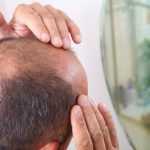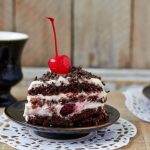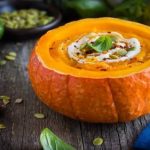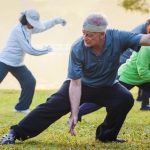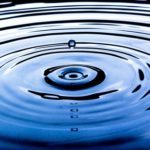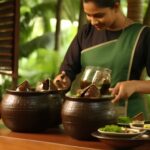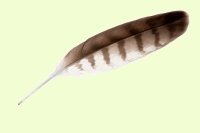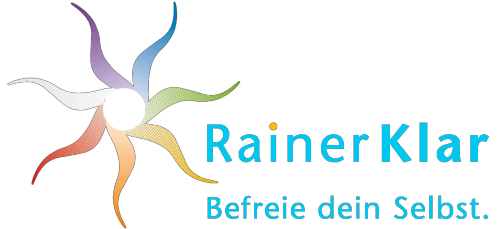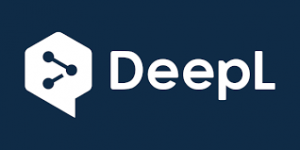Review of the bestseller "The Diet Compass".
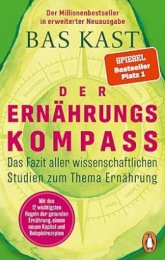
Yes, I definitely find some interesting suggestions in the book, which, by the way, is written in a very exciting and relaxed way. The journalistic style helps to absorb the many scientific details more easily. To deal with it sufficiently.
For me, mainly his statements about yogurt and also fish are exciting, especially since I have left the purely vegan line in recent months and have eaten fish among other things.
I also come into resonnance with the topic of "insulin sensitivity or insulin resistance" as it reveals missing pieces of the puzzle in my understanding and provides logical explanations as to why high carbohydrate foods tend to make me fat and therefore a problem.
The most important nutrition tips in the book
For a quick overview, here is first a list of Bas Kast's key nutrition recommendations:
- Eat real food
- Make plants your main dish
- Fish rather than meat
- Yogurt: yes. Cheese: also okay. Milk: so-so
- Minimize sugar, avoid industrial trans fats
- Don't be afraid of fat!
- Low carb is not a "fad diet", but worth a try, especially if you are overweight.
- Use the protein effect ("protein clearly satiates better than fat and carbohydrates")
- Practice "time window eating" (8h-to-8h rule)
- No vitamin pills!
- Enjoy!
You may be wondering at this point to what extent these tips correspond to my recommendations ? Well, the wording in the book may not show the correspondences so clearly that they immediately jump out at everyone.
For example, "predominantly alkaline diet" is not specifically stated anywhere in the book. Nevertheless, Kast's recommendations certainly go pretty much in that direction.
How much protein, carbohydrates and fat?
As an introduction to the topic, Bas Kast describes the thesis, supported by a number of studies, that our hunger is primarily oriented toward proteins. As long as we have not eaten enough proteins, the feeling of lack would force us to continue eating. For example then carbohydrate-rich or fat-rich food.
Bas Kast looks at the resulting diet concepts:
- Protein-focused "Atkins diet."
- Avoidance of carbohydrates - "Low Carb"
- Avoidance of fats - "Low Fat"

Each of these three "communities" is apparently convinced of the absolute correctness of its view. In contrast, Bas Kast assumes that these main concepts work and are recommendable in certain cases, but not in others.
With his "nutrition compass" he tries to work out generally valid rules or recommendations.
As a basis he uses numerous international, independent studies and so-called meta-studies, which summarize the most important results of all individual studies.
Insulin sensitive - Insulin resistant
Bas Kast describes what it depends on which of the three directions is the most tolerable and healing.
Whereas the "Atkins diet" - according to Bas Kast - can bring about improvements in the short term, but tends to make people ill in the long term, the effect of the other two variants is for him strongly dependent on the state of insulin sensitivity.
On the basis studies it sets out that healthy humans with natural "insulin sensitivity" can take up and process quite larger quantities of carbohydrate-rich food.
In predominantly older people, especially if they have put on a few kilos, there is apparently more often a certain "insulin resistance". Here, the intake of carbohydrate-rich food, especially sugar, potatoes, bread or pasta, is problematic. Why is explained in detail in the book.
In this case it is advisable to increase the fat portion of the food as well as to reduce the portion of the carbohydrates. Astonishingly the consequence is often a clear weight loss.
However, it is important to avoid harmful fats at all costs. We have known for a long time that there are beneficial and harmful fats. The most harmful are the so-called "trans fats" (I have added my recommendations here).
Don't we eat far too much?
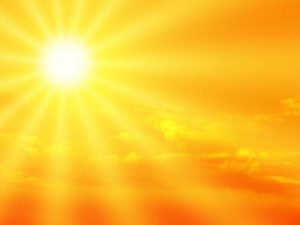
Bas Kast apparently assumes that it is just a matter of getting enough protein to overcome an energy slump.
Galina Shatalova, on the other hand, is convinced that we tend to eat ourselves to death and, among other things, consume far too much protein and calories in general. Protein in particular is produced to a large extent in the body with the help of bacteria. We therefore need to consume much less from the outside than officially prescribed.
Furthermore, in my article "What diet is healthy for us?" I describe my impressive experience with the "Energy body". It revealed to me in wonderful clarity the essential source of energy that allows us to be alive and vital. This energy is spiritually seen divine Light.
Thousands of people worldwide practice "light nutrition", showing that it is essentially not protein that we need to feel alive.
Spiritual truth not yet important?
I notice clearly that Bas Kast for his findings almost only moves in the field of conventional, materialistic "science". He takes, for example, very, very many studies as a basis for his explanations, which are based on animal experiments.
Materialistic "science" dissects, fragments and explores the functioning of cells, molecules and sometimes even whole organs with the help of microscopes and animal experiments. Too rarely - if ever - does it look at the big picture, that is, at creation.
A spiritual science, on the other hand, looks at the whole being in its original, divine idea, instead of dissecting it beyond recognition.
It gets along without ethically reprehensible animal experiments. Because it recognizes the divine wisdom, which manifests itself everywhere, also in every single cell.
An example of this is Ayurvedic science. Meanwhile, I have written an article about Ayurvedic nutritional science .
Résumé
Bas Kast is awake and on his way. Sudden heart attacks during his morning jog were the reason to investigate the causes. In great diligence he succeeded in integrating contradictory nutritional concepts into his "diet compass" and thus spreading useful and healing information.
The heart attacks are now a thing of the past. Bas Kast feels fit and rejuvenated again.
For him, intensive research into the topic of nutrition was the beginning of his self-healing. Soon after the book was published, he found out that basically a "compass for the soul" is also needed, not only for himself. And he wrote another book about this with this title, which I haven't read yet.
And - as mentioned above - Bas Kast is brave enough to talk openly on TV about his healing experiences with psychedelic drugs and to stand up for a purposeful legalization also in Germany.
For me, this book is an important enrichment to clarify what food fits us. Even if he does not really live up to the subtitle of the book - "The conclusion of all scientific studies on the subject of nutrition". As long as he has not, for example, studied Ayurveda as a science at least equal to the others.
But the study of Ayurveda I have also just begun.
I would be happy if you also find some suggestions in this article and maybe even write a comment with your personal insights and recommendations.
These articles fit the topic well:

